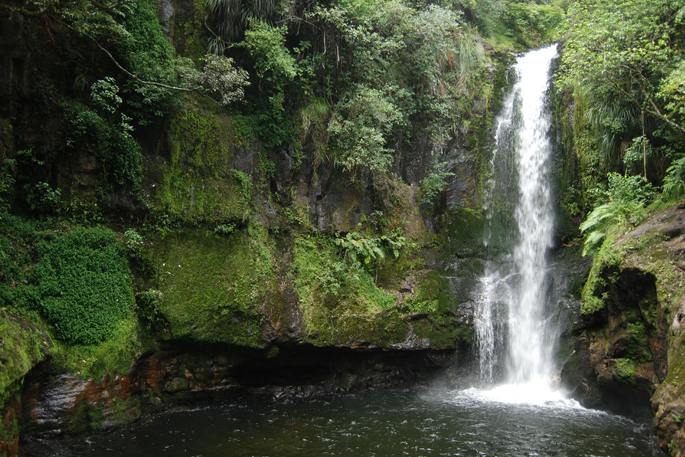With temperatures hitting record highs more people will be frequenting Bay of Plenty lakes, rivers and oceans in an attempt to cool off.
But before you take the plunge, health experts are warning locals to tread with caution.
Toi Te Ora Medical Officer of Health Dr Jim Miller says while it is safe to swim in many of the nearby estuaries, beaches, rivers and lakes, it's important to know when it is not safe, how to recognise signs of water contamination, and where to find out about local warnings; ultimately minimising the risk of falling sick.
'Look before you leap; if the water looks discoloured, smells unusual, or if there is scum or leathery mats of black or brown algae on the surface of lakes or on the beds of rivers, swim or play somewhere else and don't eat shellfish from the area,” he says.
'After rainfall, water is likely to be contaminated with animal faeces from rural and urban run-off.
'As a precaution, avoid swimming in rivers, streams, lakes or estuaries for 48 hours after heavy or prolonged rainfall.
'It is also best to avoid swimming and collecting shellfish near pipes or culverts which run down to a waterway where storm water is discharged, and near wharves and marinas.”
Land Air and Water Aotearoa has developed a site that allows swimmers to keep up-to-date on information pertaining to the quality of all New Zealand freshwater rivers and catchments.
Many spots throughout the Bay of Plenty are currently flagged as unsuitable for swimming including the Kaiate Falls which has been recorded as having high levels of bacteria and faecal contamination.
Other sites have also measured high levels of E.coli including Te Matai swimming reserve and Waiari Stream near Te Puke, McMillan road at Tuapiro Stream, Wairoa River near Te Puna, Wardlaw Glade near Taneatua, Whakatane River near the Landing Road bridge, Waioeka River and Otara River in Opotiki, and Waiotahe Estuary Reserve.
Further north Henry Road Ford in Katikati and are also unsuitable swimming spots due to high levels of bacteria that may cause illness.
Waihi Estuary boat ramp in Pukehina, Kennedy and Otautu Bay at Lake Rotoehu and Lake Okaro boat ramp have all shown signs of potentially toxic algae.
Last month Western Bay of Plenty District Council also advised caution over the security of vehicles and belongings in carparks.
'If you're setting off on a walk and leaving your car in a carpark, we'd like to remind people to be extra vigilant with the security of your vehicle and belongings,” WBOPDC said in a post on Facebook.
'Unfortunately there can be opportunistic thieves operating at the remote carpark sites such as Kaiate Falls and Ngamuwahine River, especially this time of year.”



0 comments
Leave a Comment
You must be logged in to make a comment.